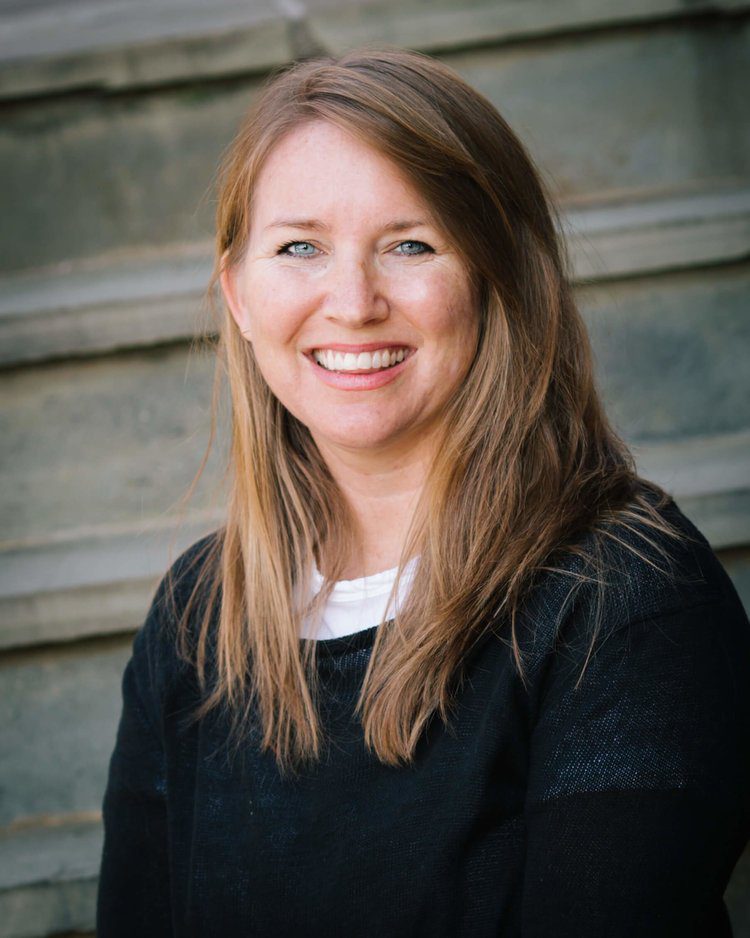Asylum in the United States
Asylum in the United States: An Overview of the Law and Recent Changes & Special Considerations for Christian Legal Aid Clinics
Presented November 11, 2020
Christian Legal Society presents this free webinar for anyone interested in learning about serving those who are persecuted abroad. Asylum-seekers are refugees who are physically present in the United States who fled persecution in their home countries to find protection and safety in the United States. In 2018, 264, 973 people applied for asylum in the United States[1]. However, this number does not represent the total number of asylum-seekers in the United States, but only those who successfully applied for asylum. The number of asylum-seekers in the United States is likely much higher, given the lack of access to immigration legal representation- which is either prohibitively expensive or not available at all. Legal representation for asylum seekers is critical in order for asylum-seekers to even have the opportunity for their case to be fully heard and presented. This course will provide an overview of asylum law in the United States and will include: basics of asylum eligibility, the process of applying for asylum, and how to prepare an asylum case for Immigration Court. We will also highlight recent changes in asylum law, including precedent decisions, policy changes and proposed and final rules. Lastly, we will discuss special considerations for working with asylum-seekers and providing excellent and rigorous legal representation in the context of a grass-roots, faith-based non-profit organization.
Presenters:

Jason E. Braun, Esq. is the Director of Legal Services at Restoration Immigration Legal Aid (RILA) in Arlington, Virginia. He has been licensed to practice law in Virginia 2008, holding a J.D. from George Mason University. Jason helped co-found RILA in 2015. He was previously in private practice for eight years as a litigator. During his time as a litigator he had a few opportunities to work on immigration issues for juveniles. As his understanding of the challenges facing immigrants and his interest in immigration law grew, he became increasingly passionate about assisting the most marginalized members of our community. As legal director, Jason oversees all case work and court appearances and works directly with volunteer attorneys. Jason lives in Falls Church with his wife and two small children.

Natalie Foote, LCSW is the Executive Director at RILA, and she is a Department of Justice (DOJ) fully accredited representative. Natalie was part of the team that founded RILA in 2015. She provides leadership to RILA by developing and administering RILA’s programs, and keeping RILA’s mission and vision central to its work. Natalie is also a Department of Justice (DOJ) Accredited Representative, and represents clients before the United States Citizenship and Immigration Services (USCIS). A Licensed Clinical Social Worker by training, she is driven by social justice, compassion, and honoring the dignity and worth of all people. Natalie believes RILA’s work is central to the Christian faith, and loves partnering with communities of faith. A Texan at heart, and an ex-New Yorker, Natalie, her husband, John, and her four children have made a home in Arlington, Virginia. Together, they love to play music, play sports, travel and drive around in their pick-up truck!
Founded in 2016, RILA is a faith-based non-profit organization that depends on a small staff and over 200 volunteers from the community to operate. RILA seeks to holistically provide excellent pro bono legal services to those immigrants who are the most vulnerable and with the fewest resources. The majority of cases that RILA represents are for asylum-seekers, and RILA currently has 289 active asylum cases. RILA also represents individuals with pending asylum applications in applying for their Employment Authorization Document (EAD), with allows them to legally work in the United States while they wait for their asylum cases to be adjudicated. In addition to this, RILA represents children in applying for Special Immigrant Juvenile Status (SIJS), and individuals who have been victims of violent crime and human trafficking in applying for U and T Visas, respectively.
GET UPDATES













































